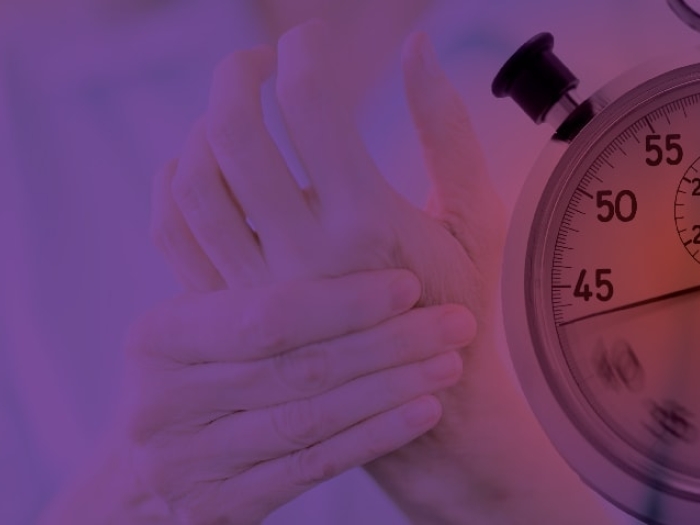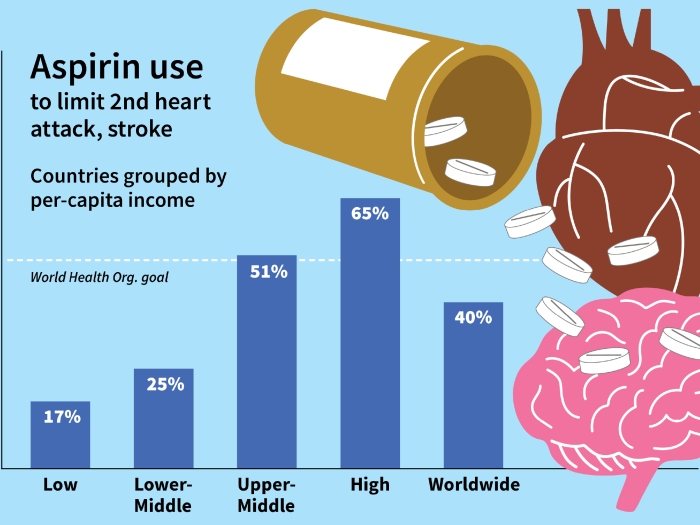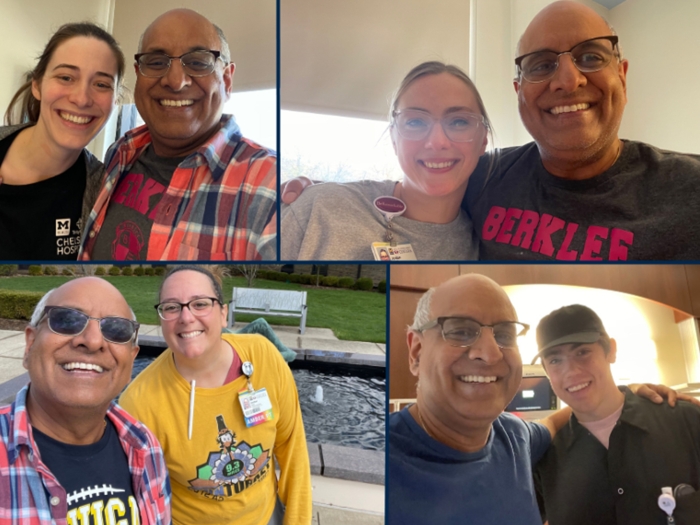A stroke at 28, along with a complicated heart condition, brought Joseph Gingerich to the University of Michigan.
2:00 PM
Author |
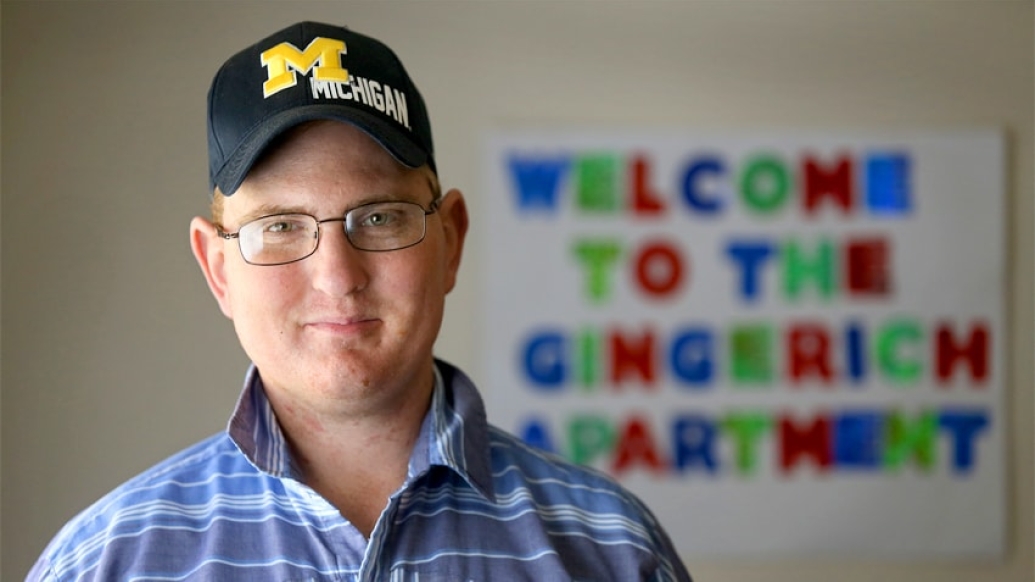
On March 28, 2015, Joseph Gingerich had a stroke.
Strokes are not unusual: More than 800,000 people in the U.S. have them every year. The difference for Joseph was that he was only 28 years old and had a rare genetic heart condition.
"When the stroke started, I lost all feelings in my legs and my arms, and I couldn't talk. The harder I tried, I just mumbled," Gingerich says.
His mother called 911, and he went by ambulance to the University of Michigan Health System. There, in the past, he had received four implantable cardioverter defibrillators (devices that shock the heart to regulate an abnormal rhythm), a result of the same condition that killed his brother at age 21.
At U-M the day of the stroke, surgeons determined that Gingerich needed quick action and the expertise to also deal with his pre-existing heart troubles.
"Joseph's was an ischemic stroke, in which the basilar artery, which carries blood to the brain, was blocked by a large blood clot," says Neeraj Chaudhary, M.D. "We used a self-expanding stent retriever to remove the clot. This is a minimally invasive procedure and is some of the latest technology in our field."
Chaudhary says, "It was a lifesaver for the patient."
Afterward, Gingerich recovered for a few days in the neurosurgical intensive care unit. The NICU is a 15-bed area that provides special care for critically ill neurosurgery and neurology patients, including stroke patients.
He was able to return to life much as it was before.
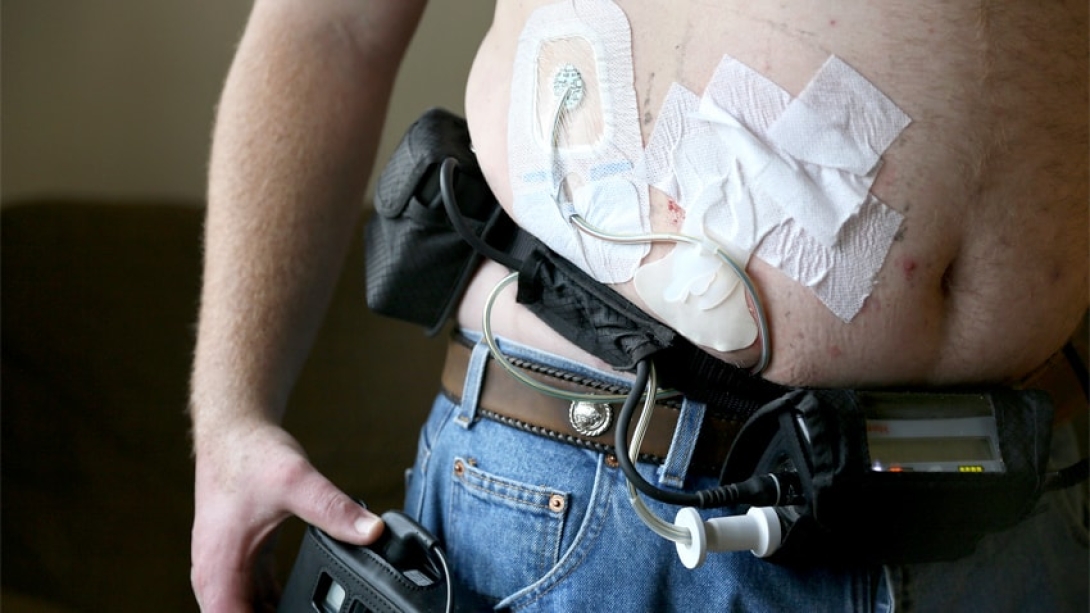
After the stroke: Another medical issue
Three months later, it was Gingerich's heart that needed help.
Now, U-M surgeons implanted an LVAD, or left ventricular assist device, which helps his heart continue to pump.
"The doctors told me I could live three to six more months without the LVAD, and five to 10 years with it," Gingerich says. "I'm really glad I made the choice that I did to have it put in. There are things to get used to in the beginning with the equipment, but, of course, it's worth it because I have my life.
"I love to walk. Before I got the LVAD, I could only walk a mile a day. Now I'm up to 3 miles a day. The doctors said I'm a miracle," he says.
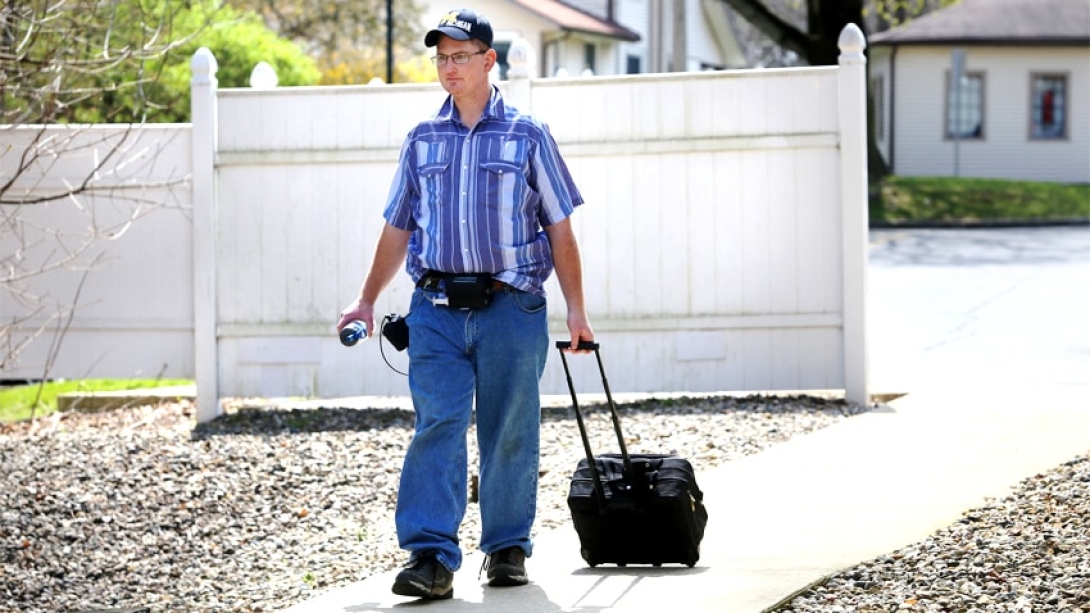
Success and waiting
"My life is good. I'm able to live alone in my apartment. I sweep, mop, do housework, go to church, see my family and friends. I'm really satisfied," he says.
And now, in the midst of living his life, Gingerich waits for another gift of life: He is in the process of being cleared to receive a new heart, which would improve his prognosis.
After his medical experiences, Gingerich has advice for other patients.
"I would like to tell people who have serious medical problems to let people help you. It's OK," he says. "I know it's hard to think that people are helping you. But you have to let people help you so that you can recuperate. They want to do it, and you'll feel better."

Explore a variety of healthcare news & stories by visiting the Health Lab home page for more articles.

Department of Communication at Michigan Medicine
Want top health & research news weekly? Sign up for Health Lab’s newsletters today!
